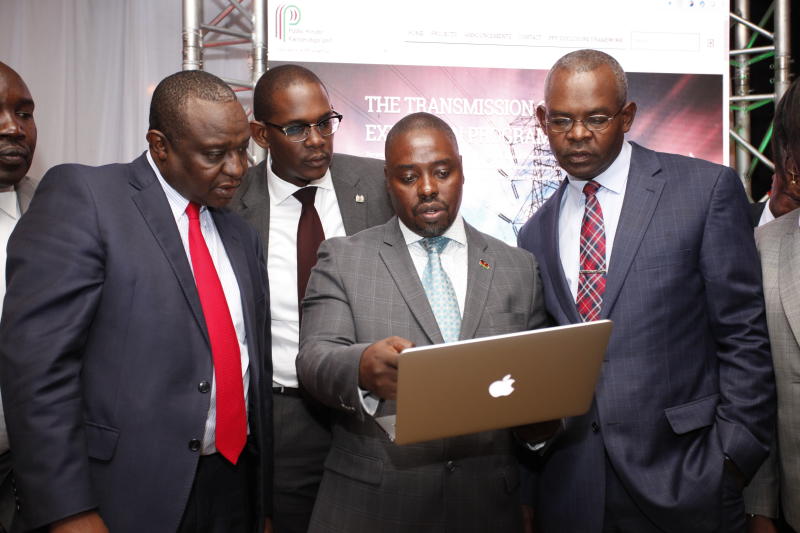×
The Standard e-Paper
Join Thousands Daily

NAIROBI, KENYA: Kenya needs at least Sh200 billion every year to finance all the projects under the Big Four agenda, money that Treasury says it does not have.
The Government is enlisting the help of the private sector in the realisation of President Uhuru Kenyatta’s dream of ensuring universal healthcare, job creation, construction of 500,000 low-cost housing units by 2022, food security and nutrition.